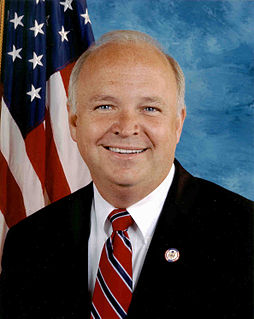A Quote by Karan Mahajan
When we talk about 9/11 and 26/11 - which is the shorthand for the Mumbai attacks in 2008 - we're talking about the most successful terrorist attacks in history. When you start trying to study the most successful event of its kind, it actually doesn't make for great fiction because there isn't the kind of failure in it that fiction thrives on.
Related Quotes
Science fiction is the most important literature in the history of the world, because it's the history of ideas, the history of our civilization birthing itself. ...Science fiction is central to everything we've ever done, and people who make fun of science fiction writers don't know what they're talking about.
But perhaps the most important difference between conservatives and liberals can be found in the area of national security. Conservatives saw the savagery of 9/11 and the attacks and prepared for war; liberals saw the savagery of the 9/11 attacks and wanted to prepare indictments and offer therapy and understanding for our attackers. In the wake of 9/11, conservatives believed it was time to unleash the might and power of the United States military against the Taliban.
The anniversary of the tragic attacks on September 11, 2001, and September 11, 2012, is a day to remember those who died and suffered. It is also an opportunity to open a new dialogue on the tactics and strategies that have been successful - and unsuccessful - in confronting, containing, and defeating the threat from radical Islam.
The thing is that my first novel, which was basically a mystery adventure story, won quite an important award in Spain for young adult fiction, and because of this it became a very successful book, and right now it's some sort of a standard title, it's read widely in many high schools in Spain, so I think, in a way, I was a victim of my own success in the field of young adult fiction, because it was never my own natural register. I never intended to write that kind of fiction, but I became very successful at it.
...if [the 9/11/01 attacks] had happened to the Russians, about three major cities in the Middle East would have been parking lots in twenty minute and they wouldn't have worried about the consequences because there would not have been any because the remaining terrorist states would have said 'we get the message.'




































